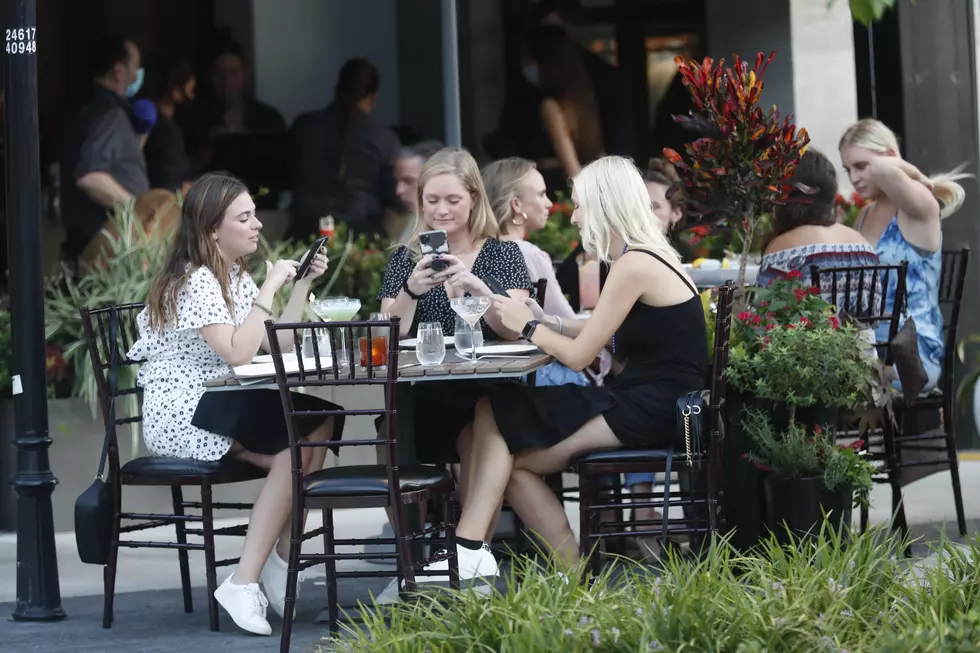
NJ restaurants post-pandemic: Here are the changes they’re keeping, ditching
Plenty of businesses have struggled in New Jersey throughout the pandemic but the restaurant industry took an especially hard hit.
As the COVID crisis winds down, many eateries have embraced what they have learned over the past 17 months.
Here's a look at some of the changes that restaurants are ditching or keeping.
Will restaurants return to paper menus?
Dana Lancellotti, the president and CEO of the New Jersey Restaurant and Hospitality Association, said that while paper menus have made a comeback, a lot of restaurants have decided to keep using QR codes.
“I think that benefits everybody mutually because menus, they have to be replaced and cleaned and all of that so it’s kind of nice to have the option of just using your phone and getting a menu up right away," she said.
She pointed out having electronic menus can also give restaurants more flexibility in updating their specials, adding or subtracting different dishes in a snap.

What will happen to outdoor dining after the pandemic?
Lancellotti said another carry-over from the earlier days of pandemic that people seem to really enjoy is the expansion of outdoor dining onto sidewalks and parking lots.
She said this increases the number of tables a restaurant has, which can expand their business opportunities.
Popularity of takeout continues after pandemic
According to Lancellotti, ordering takeout from restaurants has also continued to be a popular option, even as indoor capacity limits have been lifted.
“More fine dining takeout is available now than we ever thought of before and the ordering process has been streamlined," she said.
She pointed websites have been improved with expanded delivery options, however that can add cost to an order because restaurants have to pay delivery services.
Do restaurants have enough workers?
Lancellotti said while restaurants are in much better shape now than they have been for the past 17 months, the labor shortage continues to be a very significant problem.
She said in some restaurants, there are open tables but there is still a half hour wait to be seated.
“The reason for that is not because the restaurant doesn’t have their act together. It’s because they don’t have staff to cover the amount of tables that they would be able to fill," she said.
This means restaurants are not maximizing their opportunity because they just can’t get the staff to come in, right as they are trying to come back from a prolonged economic disaster.
Lancellotti said there are fears the labor shortage, which she described as a crisis, will hurt the restaurant industry long term because customers become frustrated when they have to wait to get seated and served, and some may decide to not return.
Trending News Now
More From 92.7 WOBM










